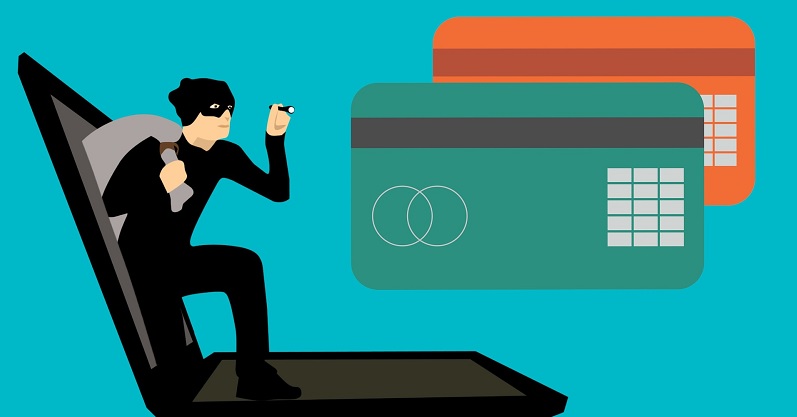
Credit card fraud is something that occurs every day in a variety of different ways. It is not always preventable, but there are some safety measures in place that you can use that can create obstacles that make it tougher for someone to use your cards and card numbers. To best prevent credit card fraud, you should treat your credit cards and account numbers like cash.
In this guide we will breakdown everything you need to know on how to protect yourself against credit card fraud.
What is Credit Card Fraud?
Credit card fraud is much more than the fraudulent use of only credit cards. It also entails the unauthorized use of debit cards, ACH transactions (such as direct deposits), electronic fund transfers, and recurring charges.
Here are a few of scammers’ many types of credit card scams:
- Online order scam: Be aware of phone calls or suspicious emails selling products. Sometimes they could be a scam and there is no products. You should always check to see if the source you are buying from is a trustworthy source.
- Hacked point-of-sale system: This is when scammers have found a way to install malicious software on a point-of-sale system that allows the malware to search the system for payment card data
- Card processor breach: A card processor is a company that handles transactions between card-issuing banks and merchants’ banks. In the case that a card processor gets breached, it could affect millions of users.
- Lost or stolen cards: A lost or stolen card is not a scam, but if you lose your card, scammers can have access to your card number. If you lost your card, I recommend letting your card company know ASAP.
How to Prevent Credit Card Fraud
Credit card fraud detection is a good way to help you limit your risk of credit card fraud. It’s recommended to take every precaution you can to avoid being scammed, because not only can fraud affect your credit, it is also hard to fix.
To help minimize your risk of fraud, use these tips:
- Never give your credit card or debit card account number to anyone over the phone (unless its a trustworthy source)
- If you are using your card at a restaurant, do not leave any blank space in the tip section above the total on your card receipt. Instead, you should draw a line through it so that no one can fill in an extra amount.
- Save your receipts and use them to compare with your bill
- Check your bill each month carefully.for any unusual transactions.
Choose a Card with Fraud Protection
One option to help prevent credit card fraud is to select a credit card that offers fraud protection without any additional fees. Fraud Protection ensures that you are not responsible for unauthorized purchases on your account once the company has been noticed. In addition, you should also check out programs that offer credit card services such as automatic alerts and a team on staff to handle fraud..
If a store you frequently go to got breached, you should request a new card immediately and follow all of the steps above to monitor your accounts. If you learn that your identity is being used fraudulently, you should place a fraud alert on your name by calling or emailing the Federal Trade Commission and the national credit reporting organizations. If you are able to report the incident sooner, it gives you better chances of minimizing damage to your credit score.
Report Losses and Fraud
If you lose your credit card or find out you are a victim of Credit card fraud , it is recommended to call the card issuer as soon as possible. Many companies have toll-free numbers that allow you to call them at any time with 24 hour service. Once you report the incident, you have no additional responsibility for any charges that you did not make according to the law. If you think that the card was used fraudulently, you may have to sign a statement saying that you didn’t make the purchases in question
Conclusion
With today’s high tech technology, it is nearly impossible to prevent credit card scams. The best bet to protect yourself is to monitor your credit card and bank statements for unusual transactions and if they occur, notify your bank immediately.


